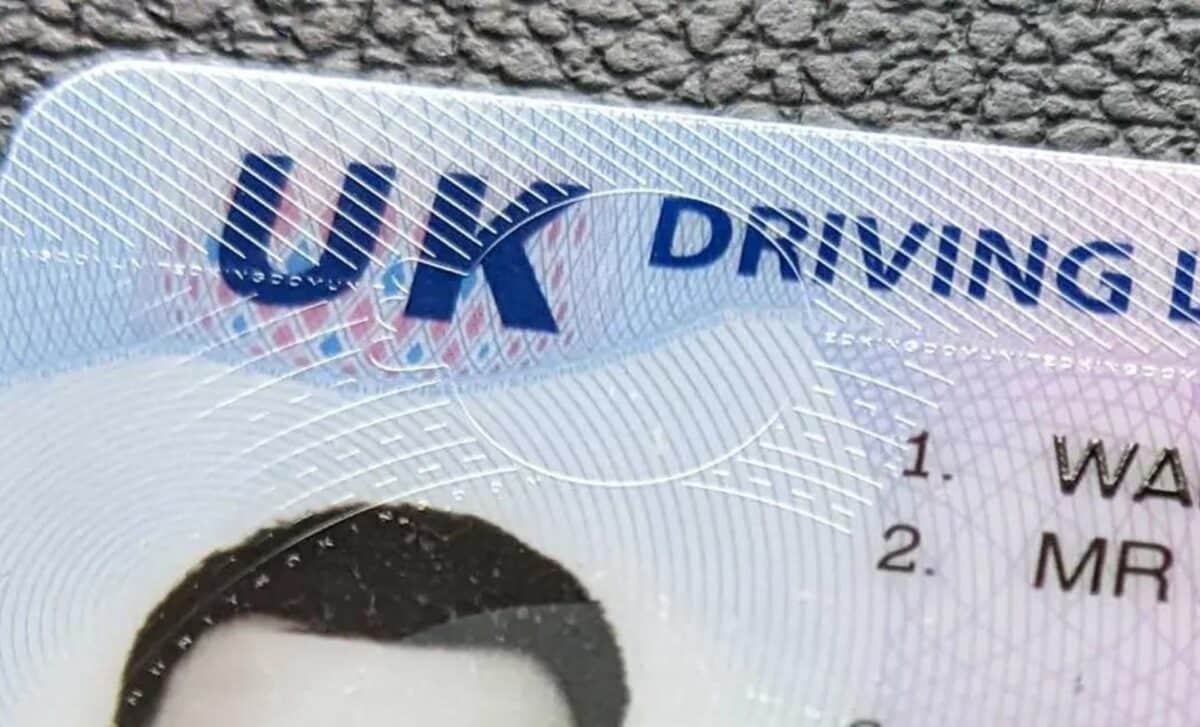The European Parliament has introduced major reforms to EU driving licence regulations aimed at improving road safety and mobility across the continent. According to GB News, these changes include the introduction of digital driving licences, mandatory probation periods for new drivers, and increased training requirements. These updates are part of a broader effort to achieve the Vision Zero goal of eliminating road deaths by 2050.
Digital Driving Licences: A Step Towards Easier Mobility
Under the new rules, EU countries will be required to implement digital driving licences, which will be available on smartphones. This digital shift is intended to reduce bureaucracy and make cross-border travel simpler for millions of Europeans. EU member states will have five years and six months to introduce the new technology. However, drivers will still be able to request a physical licence if they prefer.
European Parliament rapporteur Jutta Paulus praised the directive, saying: “The new driving license directive makes people’s lives easier – more digital, more flexible, and with less bureaucracy.”
This shift is expected to make the process of obtaining and renewing a driving licence much more streamlined, enhancing ease of travel within the EU.
Stricter Rules for New Drivers and a Focus on Road Safety
The new directive also includes tougher measures for new drivers, who will now face a two-year probation period. During this time, drivers will be subject to stricter penalties for infractions such as driving under the influence of alcohol or failing to use safety equipment like seat belts or child-restraint systems. These measures align with the EU’s Vision Zero goal to reduce accidents, injuries, and fatalities.
Jutta Paulus continued: “At the same time, we are sending a clear signal for greater road safety in line with Vision Zero: fewer accidents, fewer injuries, and fewer fatalities on our roads.”
This enhanced focus on road safety aims to protect all road users and reduce the alarming number of fatalities seen on European roads every year.
Addressing the Driver Shortage in the Transport Sector
One of the other notable changes is the reduction in the minimum age for professional drivers. The minimum age for obtaining a truck licence will be lowered from 21 to 18, and for bus drivers, it will decrease from 24 to 21. Applicants must hold a certificate of professional competence to ensure they meet the necessary standards. These changes are aimed at addressing the shortage of professional drivers in the transport sector and ensuring a steady supply of qualified workers.
Medical Checks and Licence Renewals
In addition to the new age requirements, the updated regulations will also impact medical checks for obtaining and renewing driving licences. New drivers will need to undergo a medical check to assess their eyesight and cardiovascular health before being granted a licence. For licence renewals, some EU countries may allow self-assessment forms or offer alternative measures to make sure that drivers remain fit to drive.
Implications for the UK
While the changes primarily affect EU countries, they could have implications for UK drivers as well, particularly in terms of digital driving licences. The UK is planning to launch its digital driving licence by the end of the year, bringing it closer to EU standards. This could help harmonise driving licence regulations across Europe, making travel between the UK and EU countries smoother for British drivers.
For now, however, UK drivers will continue to follow their own set of rules and regulations. Still, as digital licences become more common, the UK may need to adapt further to align with EU policies.









